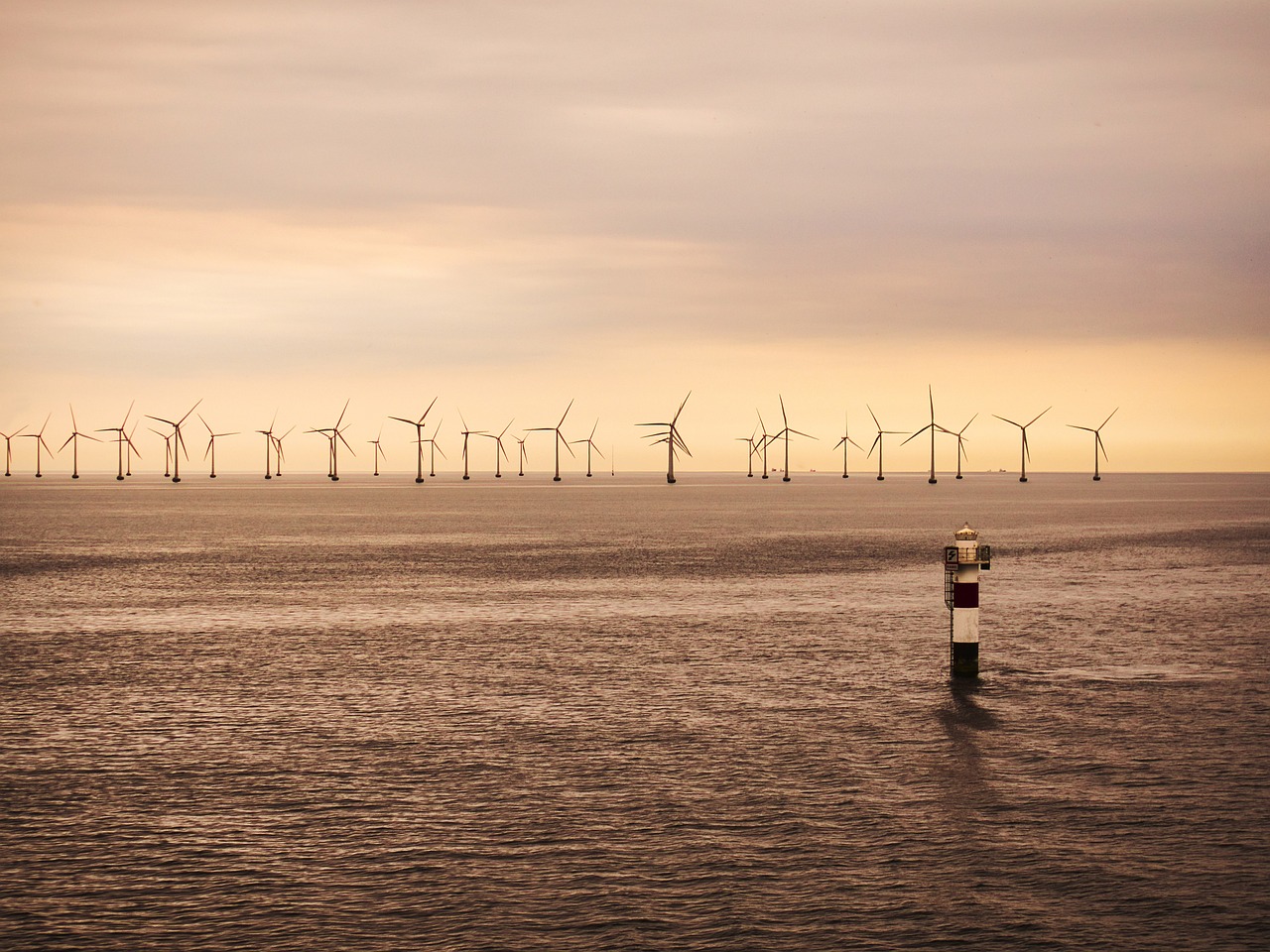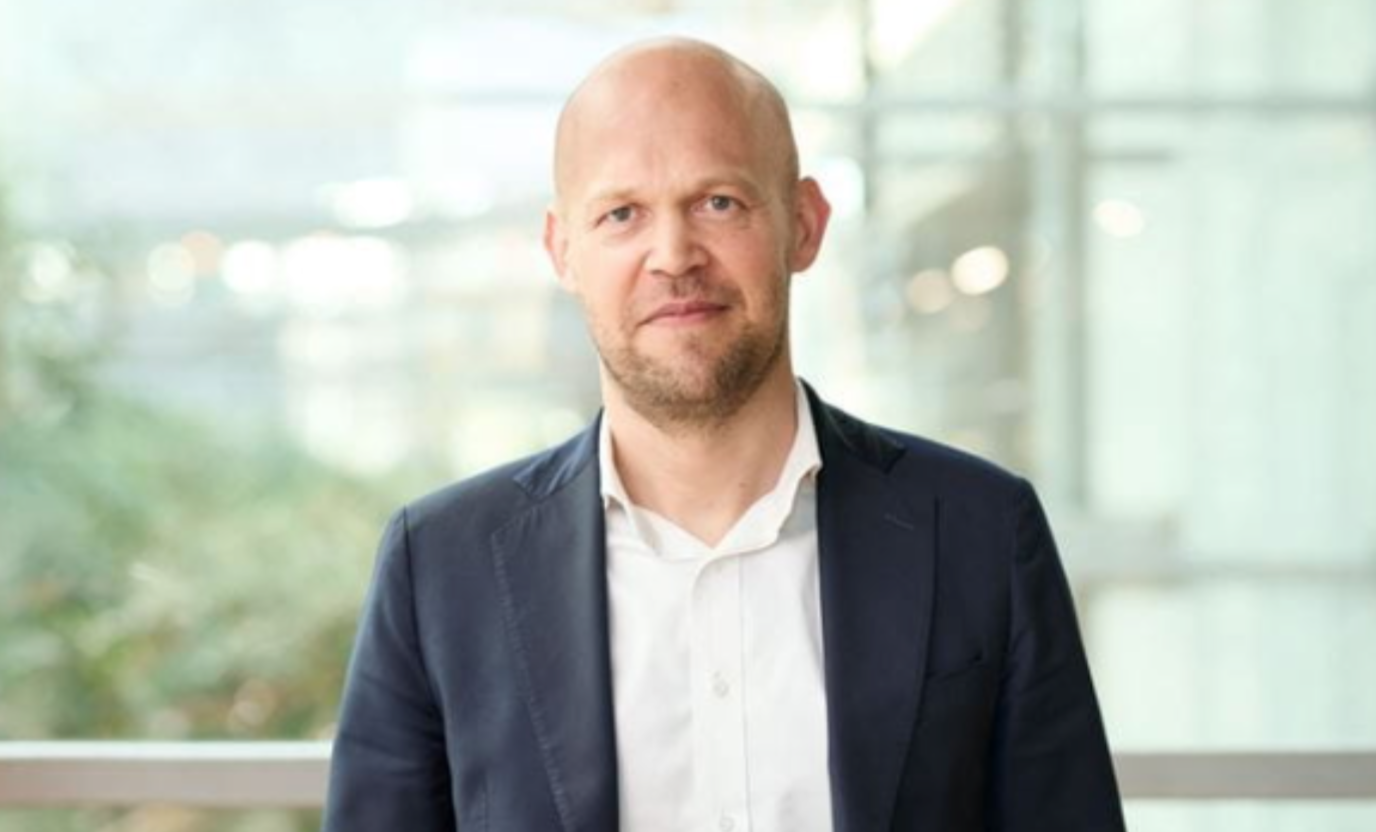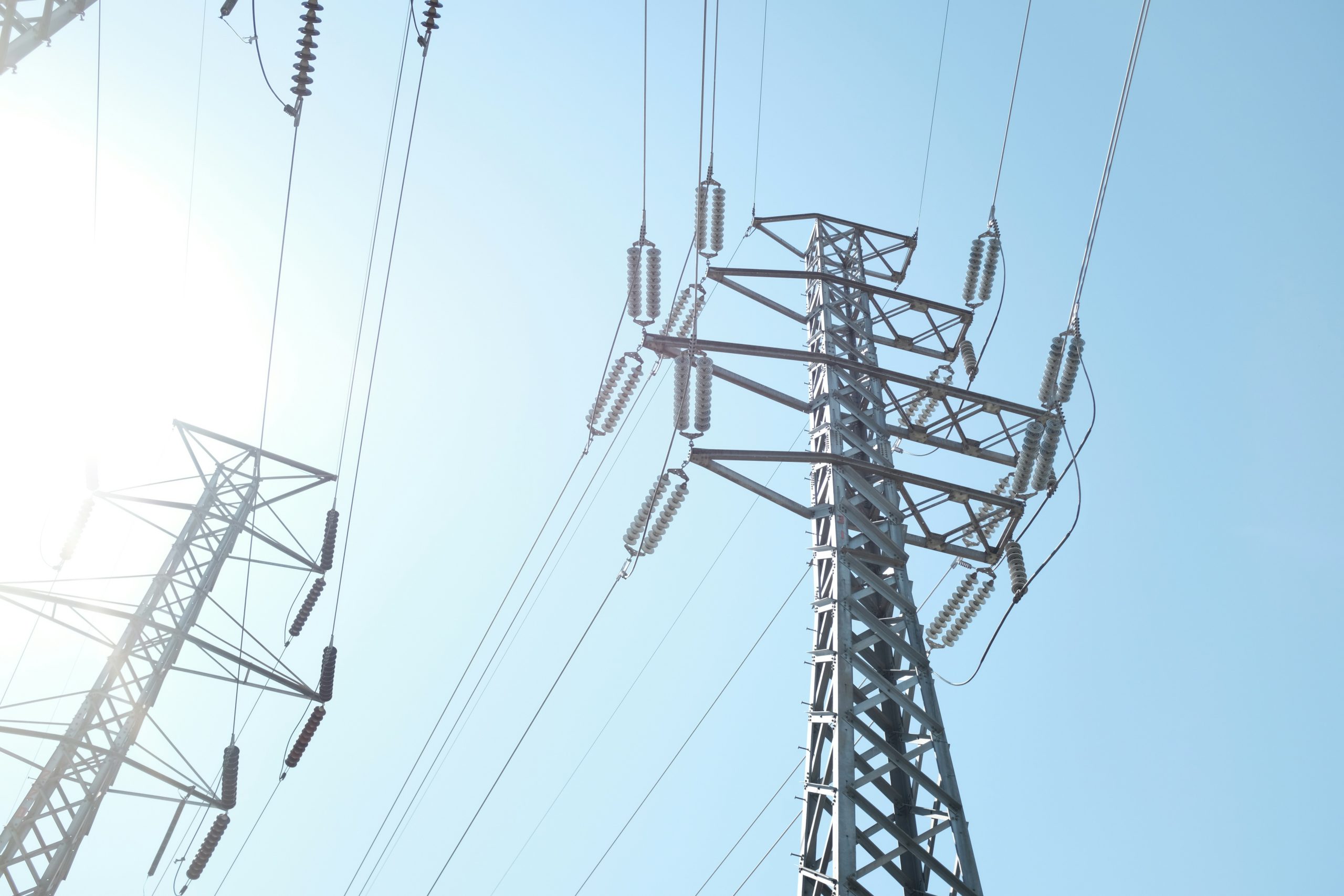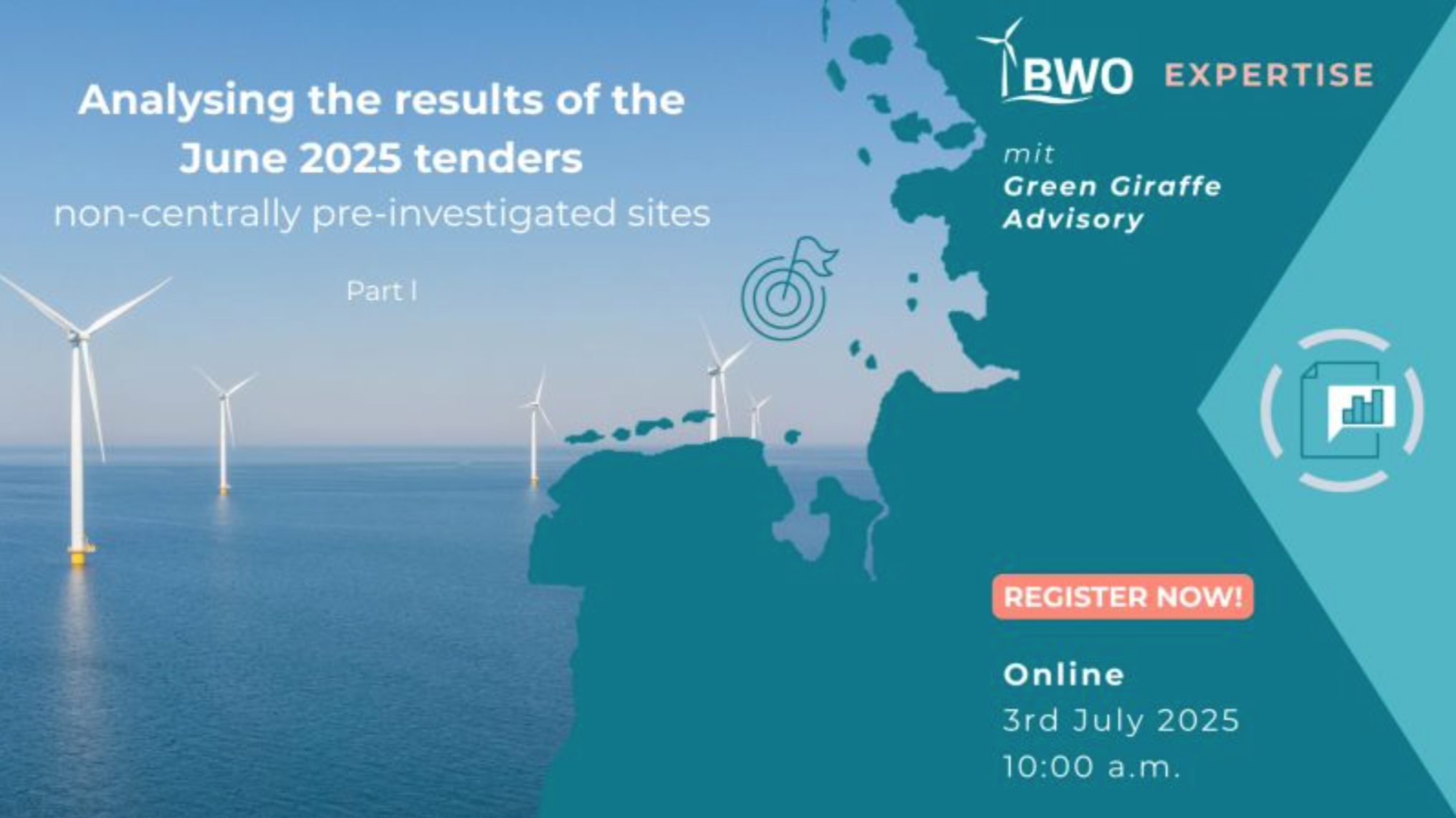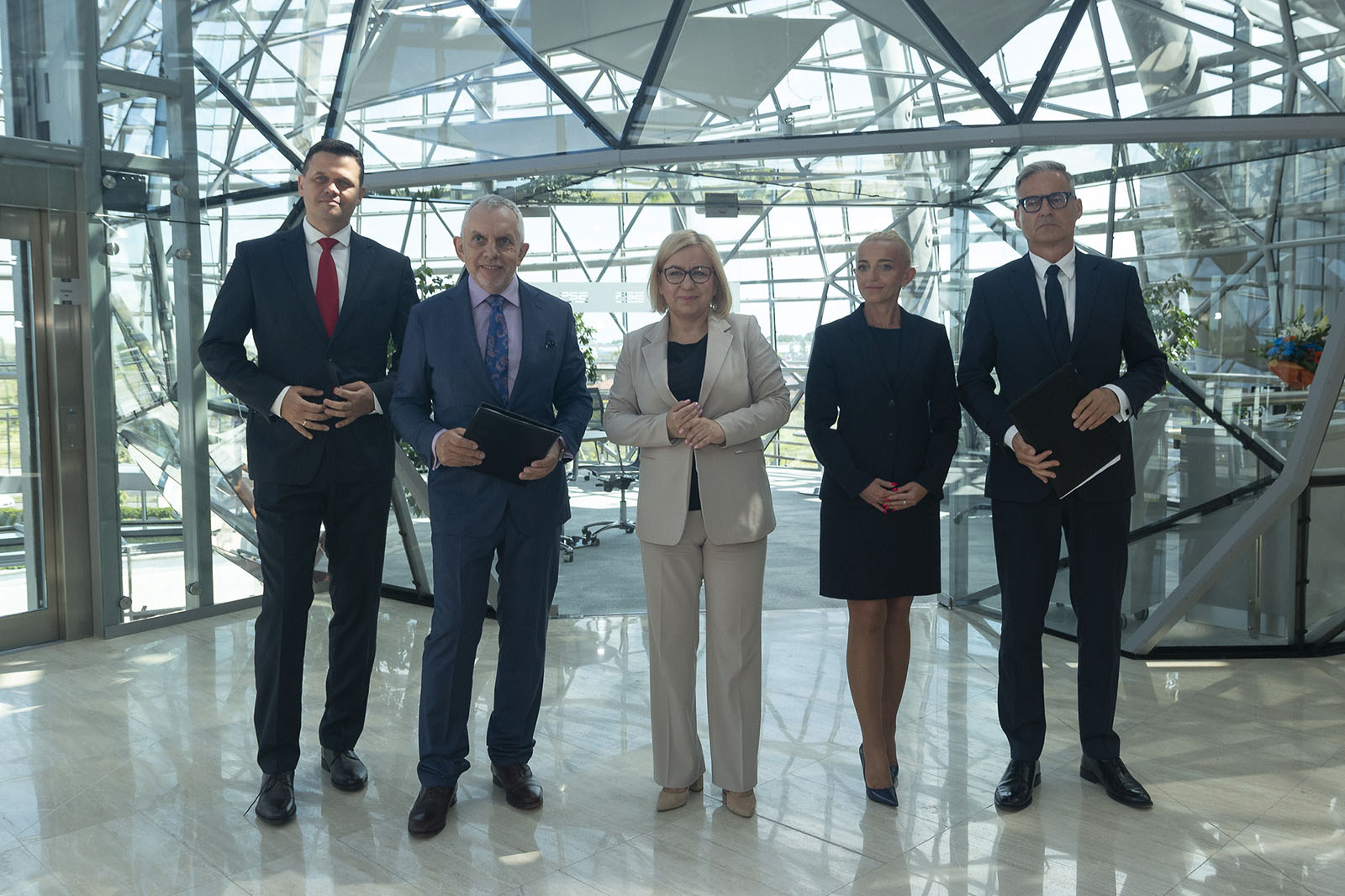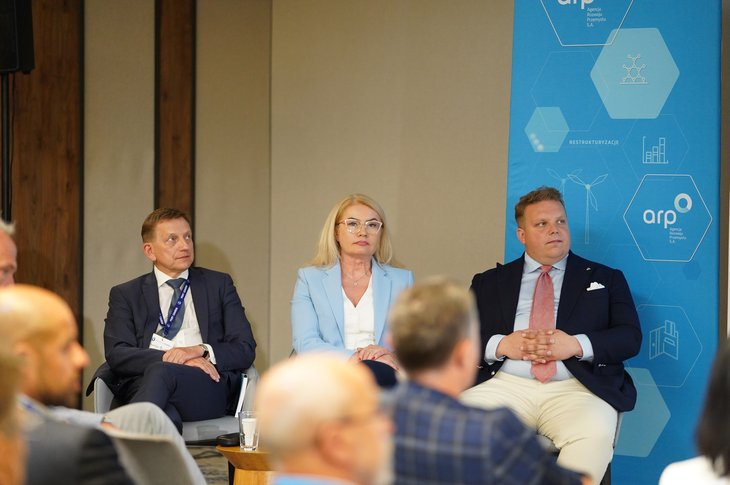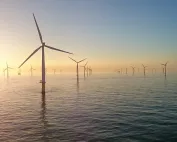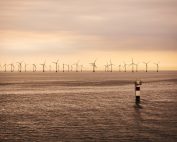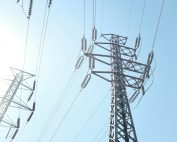The Environmental Protection Agency, together with scientists from the University of Klaipeda and the Center for Life Sciences, will conduct a joint project aimed at proposing measures to reduce eutrophication, water litter, underwater noise pollution and recommendations for marine monitoring. To achieve this goal, the Agency plans to implement 5 actions until 2023.
European Union Member States, including Lithuania, take the necessary measures to achieve or maintain good environmental status in the Baltic Sea. To this end, the Environmental Protection Agency in Lithuania is implementing a project entitled “Updating the program of measures and their implementation to achieve good environmental status in the Lithuanian Baltic Sea”.
We read on the Agency’s website that the marine research carried out under the project will include, inter alia, the installation of underwater noise monitoring stations at two locations that will allow the determination of noise levels and its distribution in the maritime area. The first place, at a depth of 55-60 m, was chosen in the area of intensively implemented navigation on the way to and from the port of Klaipeda. Noise measurement installations will be installed in the area of the planned development of offshore wind farms, where exposure to noise generated by wind turbines is important for the migration of marine mammals. Another device will be installed at a depth of 80-90 m, which is in the more remote part of the exclusive economic zone of Lithuania, where sea use is least intensive and noise impact is very important for fish spawning in the depths.
The permanent underwater noise survey is the first of its kind in the Lithuanian sea area to be used for national environmental monitoring and will be used to develop recommendations for long-term monitoring of underwater noise levels and to define thresholds and measures necessary to maintain a good marine environment.
In June, the Agency announced on its website that the Baltic Sea is one of the busiest seas in the world with intensively developed economic activity. There are more than 2,000 ships in its waters at the same time and this number is predicted to double. The effects of underwater noise on the marine environment are becoming increasingly important due to the increase in undesirable and harmful external noise from shipping and business activities which contribute to the overall noise level.
According to HELCOM, container ships, tankers and dry cargo ships account for 83 percent of total ship noise. Ship noise is caused by propellers, engine running, hull rubbing against the water surface, noise emission is also influenced by the speed of the vessel. The Klaipeda Strait is a fairly active noise zone in the Lithuanian sea area, through which approximately 7,000 ships pass each year.
In addition, a project led by the Lithuanian Environmental Protection Agency envisages the development of a breeding and filter harvesting methodology for mussels to remove nutrients from the Curonian Lagoon. Excessive inputs into the sea, especially nitrogen and phosphorus, change the balance of the ecosystem. This leads to socio-economic consequences in the Baltic Sea region as well as changes in the eutrophication process such as reduced water transparency, oxygen deficiency and loss of biodiversity.
The project will prepare a feasibility study to analyze the possibilities of phytoplankton biomass capture in the Curonian Lagoon, which will improve water quality, including bathing water, and reduce eutrophication. The project will also assess the impact of the Curonian Lagoon on the balance of the amount of nitrogen introduced into the Baltic Sea. In addition, research on litter in marine waters will be carried out to demonstrate the amount and nature of litter on the beaches of the Baltic Sea, its amount in surface and municipal wastewater and in the Curonian Lagoon area.
The project is implemented under the European Maritime and Fisheries Fund under Measure 6.3 “Improving knowledge about the state of the marine environment” under Priority 6: “Supporting the implementation of the Integrated Maritime Policy”, included in the Lithuanian Fisheries Action Program for 2014-2020.



